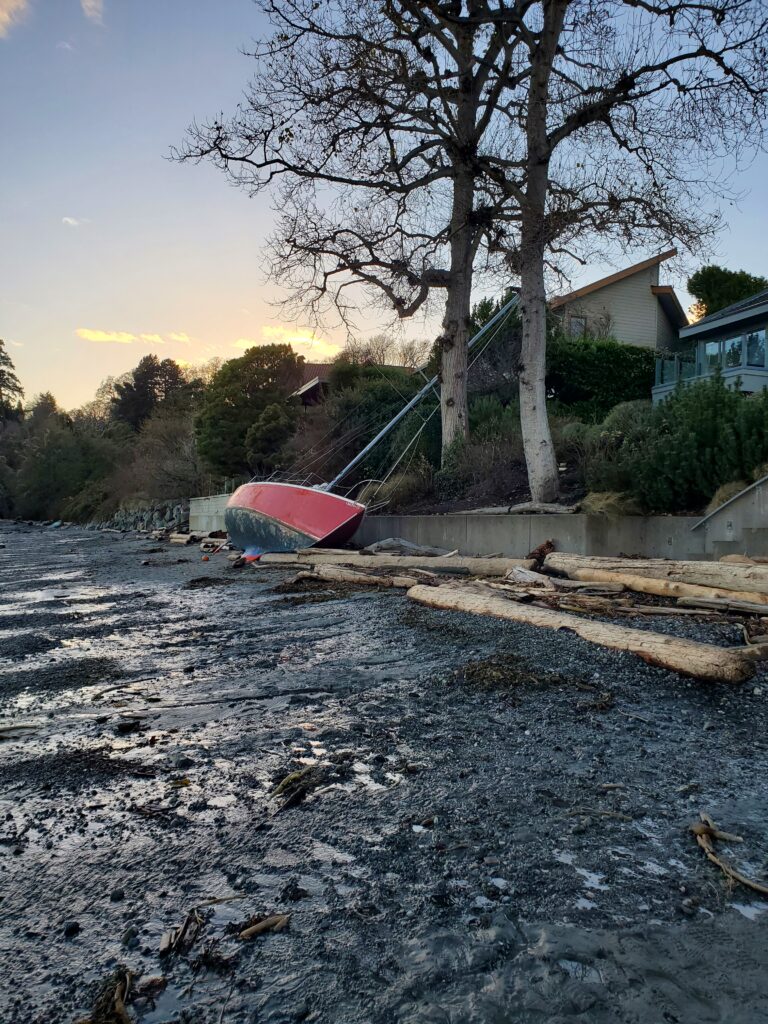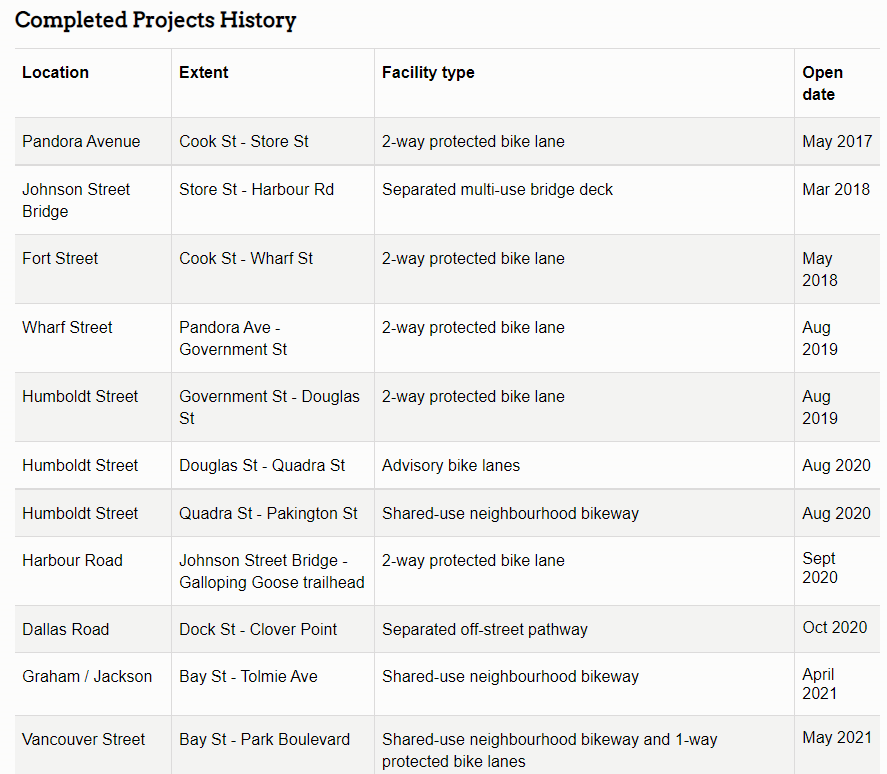One thing I love about biking is the meditative quality of it. Like all forms of exercise (for me at least), it can result in feelings of intense pleasure. Like it’s hard and I hate it. But I love the feelings that it ignites in me. The endorphins/fresh air I suppose.
One thing that is particularly nice about biking is the breathing, in and out. To me, it’s a fairly easy way to get in a meditative state. When I am biking hard I sometimes make an intentional effort to enter this state. I try to “observe my thoughts,” in that I try to picture them as bubbles that are floating through my consciousness. I try to not engage with them.
Instead, I focus on my senses. The look of the road and the trees that surround the road and the beautiful ocean and the beaches and the cars and all the wildlife. I make an effort to feel and identify the feeling of my legs ad they propel me forward, how my feet press against the peddles and how the air hits my face.
It is admittedly very hippy dippy but I find it tremendously rejuvenating. In a day and age where we are almost constantly connected, taking some time to “disconnect” and be at peace with oneself is tremendously liberating.
After I go biking, I find that I am in an ideal frame of mind to do a sit-down meditation. I’m not sure why these are more supported in meditating community but they seem to be… Anyways, my favourite place to bike to and relax and chill is Cadboro Bay Beach. It’s a truly spectacular place that I feel a strong spiritual kinship for some reason.
Here is a lovely photo I snapped there after the storm in November. I imagine that boat owner has had better days 😊


